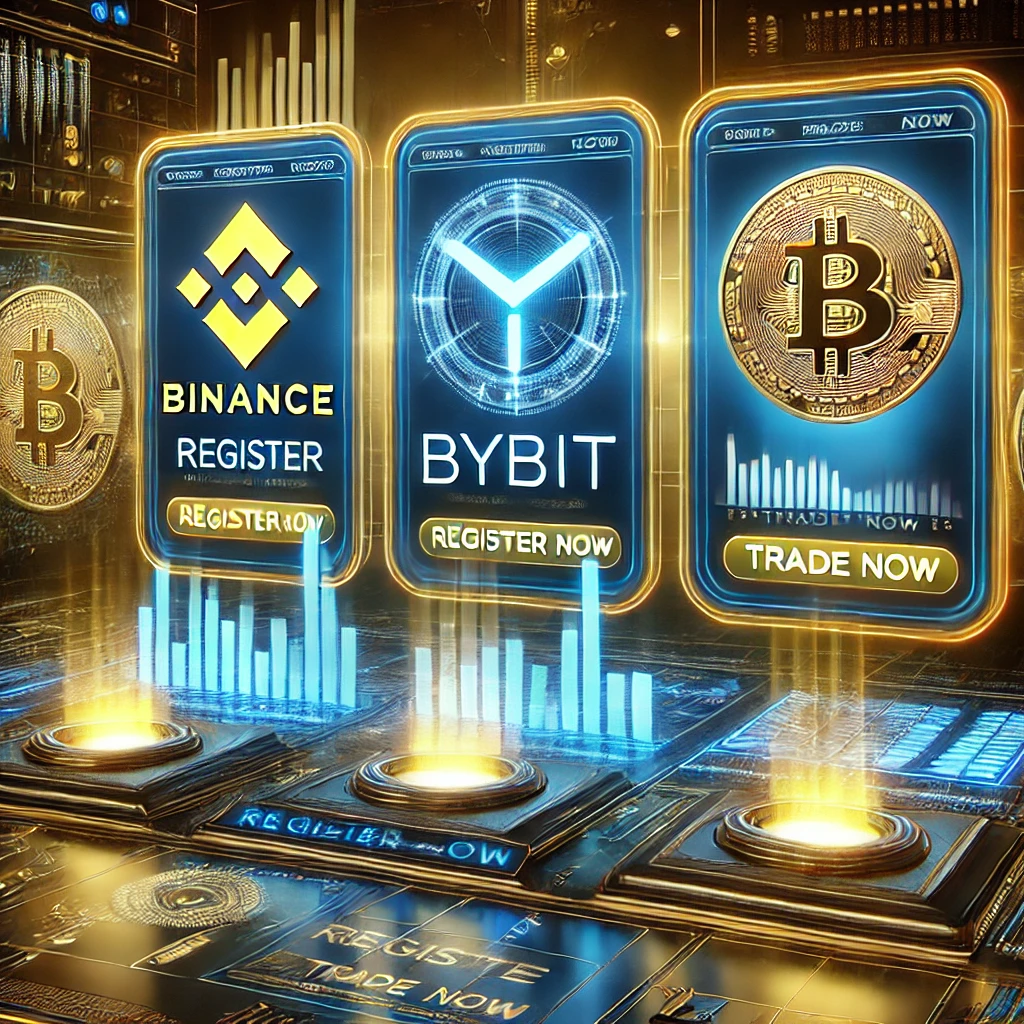1. Introduction
Blockchain technology is the foundation of cryptocurrencies, but its potential extends far beyond digital assets. This decentralized and transparent system is revolutionizing industries such as finance, supply chain management, healthcare, and more. In this guide, we will explore how blockchain works and its real-world applications beyond cryptocurrency.
2. How Blockchain Works
Blockchain is a distributed ledger technology (DLT) that records transactions across multiple computers in a secure and transparent manner. Here’s how it functions:
Key Components of Blockchain
- Blocks: Each block contains transaction data, a timestamp, and a cryptographic hash of the previous block.
- Decentralization: Unlike centralized databases, blockchain operates on a peer-to-peer (P2P) network where no single entity controls the system.
- Consensus Mechanisms: Transactions are verified through consensus algorithms such as Proof of Work (PoW) or Proof of Stake (PoS).
- Immutability: Once recorded, data on the blockchain cannot be altered, ensuring security and trust.
How Transactions Work on a Blockchain
- A user initiates a transaction.
- The transaction is broadcast to a network of nodes.
- Nodes validate the transaction using consensus mechanisms.
- The validated transaction is added to a block.
- The block is linked to the previous block, forming a chain.
- The transaction is completed and permanently recorded.
3. Applications of Blockchain Beyond Cryptocurrency
While blockchain is widely known for powering Bitcoin and other cryptocurrencies, its use cases extend to various industries:
1. Supply Chain Management
- Enhances transparency and traceability in logistics.
- Reduces fraud and counterfeiting in industries like pharmaceuticals and luxury goods.
- Enables real-time tracking of goods from manufacturer to consumer.
2. Healthcare
- Securely stores and shares patient records without compromising privacy.
- Prevents medical fraud by ensuring data integrity.
- Supports research by providing accurate and tamper-proof health data.
3. Finance and Banking
- Reduces transaction costs and processing time in cross-border payments.
- Enhances security in online transactions.
- Enables decentralized finance (DeFi) applications such as lending and borrowing without intermediaries.
4. Identity Verification and Digital Identity
- Provides individuals with secure, verifiable digital identities.
- Reduces identity theft and fraud.
- Simplifies Know Your Customer (KYC) processes for businesses.
5. Voting Systems
- Ensures transparent and tamper-proof election processes.
- Enhances voter trust through verifiable and immutable records.
- Reduces electoral fraud and manipulation.
6. Intellectual Property and Copyright Protection
- Enables artists and content creators to prove ownership of their work.
- Automates royalty payments through smart contracts.
- Prevents unauthorized distribution and plagiarism.
7. Real Estate and Land Registry
- Streamlines property transactions with secure digital records.
- Reduces fraud and disputes over land ownership.
- Provides a transparent system for tracking real estate transactions.
4. Why Is Bitcoin Called “Digital Gold”?
Bitcoin is often referred to as “digital gold” because it shares several key characteristics with gold while offering additional benefits in the digital age:
1. Scarcity
- Like gold, Bitcoin has a limited supply. Only 21 million BTC will ever exist, making it a deflationary asset.
2. Store of Value
- Bitcoin, like gold, is used as a hedge against inflation and economic instability. It retains value over time and is widely recognized as an alternative asset.
3. Decentralization and Security
- Bitcoin operates on a decentralized blockchain, making it resistant to government control and financial manipulation.
4. Portability and Accessibility
- Unlike gold, which requires physical storage and transportation, Bitcoin can be easily transferred and stored digitally, making it a more efficient asset.
5. Increasing Institutional Adoption
- Many institutional investors and companies are recognizing Bitcoin as a valuable asset class, further solidifying its reputation as “digital gold.”
5. The Future of Blockchain Technology
Blockchain is continuously evolving and finding new applications in various fields. Governments, enterprises, and startups are exploring ways to integrate blockchain into their operations to improve security, transparency, and efficiency. As adoption grows, blockchain is expected to play a crucial role in the future digital economy.
6. Get Started with Blockchain and Crypto Trading
If you’re interested in leveraging blockchain technology for investments, cryptocurrency trading is a great way to begin. Binance is one of the most secure and user-friendly platforms for trading digital assets. Whether you’re a beginner or an experienced investor, Binance provides all the tools you need.
🚀 Sign up now using the referral link below and start exploring the world of blockchain!


Leave a Reply